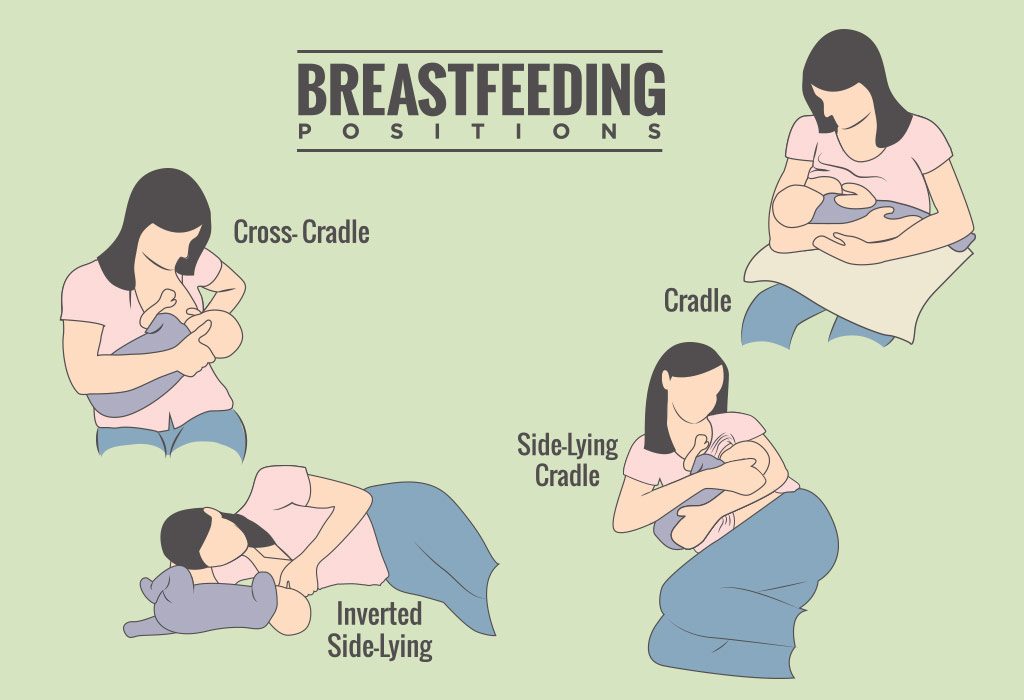Little Tears, Big Emotions: Understanding Why Newborns Cry
The sound of a newborn’s cry is both heartwarming and sometimes puzzling for parents and caregivers. Crying is the primary means of communication for babies, and understanding the reasons behind those little tears can be both reassuring and helpful. In this guide, we’ll explore common reasons why newborns cry, unraveling the mysteries of those tiny sobs in language that’s easy to understand.
- Hunger: The most common reason a newborn cries is hunger. Babies have small tummies, and they need to eat frequently. When they feel hungry, they express their needs through crying. Paying attention to feeding cues, such as smacking lips or sucking on fingers, can help caregivers recognize when it’s time for a feeding.
- Dirty Diaper: Another common cause of newborn crying is a wet or dirty diaper. Babies have sensitive skin, and the discomfort of a soiled diaper prompts them to cry. Regular diaper checks and timely changes go a long way in keeping babies comfortable and content.
- Sleepiness: Newborns spend a significant portion of their day sleeping. When they feel tired, they might cry to signal that it’s time for a nap. Establishing a soothing bedtime routine and recognizing signs of sleepiness, such as rubbing eyes or yawning, can help prevent overtiredness.
- Discomfort or Pain: Discomfort or pain, whether from gas, colic, or other minor discomforts, can cause newborns to cry. Gentle techniques like burping, tummy massages, and holding the baby in different positions can provide relief. If crying persists or seems intense, consulting with a healthcare professional is advisable.
- Need for a Diaper Change: Beyond a dirty diaper, discomfort from a wet or too-tight diaper can also lead to crying. Ensuring that diapers fit properly and changing them promptly helps keep the baby comfortable and content.
- Overstimulation: Newborns are still adjusting to the world around them, and too much stimulation can be overwhelming. Bright lights, loud noises, or too many people can lead to overstimulation and crying. Creating a calm and quiet environment can help soothe an overstimulated baby.
- Wanting to Be Held: Babies love the warmth and comfort of being held. If a newborn feels lonely or desires closeness, they might cry to seek the reassuring touch of a caregiver. Gentle rocking, swaying, or holding the baby close can provide the comfort they crave.
- Temperature Discomfort: Newborns are sensitive to temperature changes. Being too hot or too cold can make them uncomfortable, leading to crying. Dressing the baby in layers and ensuring a comfortable room temperature helps maintain their optimal comfort.
- Gas or Colic: Gas and colic are common causes of discomfort in newborns. If a baby is crying and seems to be pulling their legs toward their tummy, it could be a sign of gas. Gentle burping, tummy massages, and changes in feeding positions can aid in alleviating gas-related discomfort.
- Loneliness or Boredom: Newborns are social beings, and they enjoy interaction with their caregivers. Crying might be their way of expressing a desire for attention, play, or simply companionship. Engaging in simple activities, talking to the baby, or playing gentle music can provide the interaction they seek.
- Developmental Changes: As newborns grow, they go through various developmental changes. These changes can sometimes cause discomfort or restlessness, leading to crying. Patience and comforting gestures help the baby navigate these developmental milestones.
- Feeling Overwhelmed: Newborns are adjusting to the world, and at times, they might feel overwhelmed by the new sensations and experiences. A gentle touch, soft singing, or simply being near the baby can provide reassurance and comfort.
- Hiccups: Hiccups are common in newborns and can startle them, leading to crying. While hiccups are generally harmless, holding the baby upright and gently patting their back can help alleviate hiccups and ease their distress.
- Skin Sensitivity: Some babies have sensitive skin and may be irritated by certain fabrics or laundry detergents. If crying seems related to skin discomfort, using gentle, hypoallergenic products and choosing soft, breathable fabrics for clothing can help.
- Teething Discomfort: Teething can begin as early as a few months old, and the discomfort associated with emerging teeth can lead to crying. Providing safe teething toys, gentle gum massages, and, if recommended by a healthcare professional, using teething remedies can offer relief.
- Need for a Change of Scenery: Babies, like adults, can get bored with their surroundings. If a newborn seems fussy, a change of scenery or engaging them in a different activity can capture their interest and distract them from crying.
- Nasal Congestion: Newborns breathe primarily through their noses, and nasal congestion can cause discomfort. Using a bulb syringe or a saline solution to clear nasal passages can help alleviate congestion-related crying.
- Uncertainty: Newborns thrive on routine and predictability. Sudden changes or disruptions in their routine can lead to uncertainty and distress. Establishing a consistent routine helps create a sense of security for the baby.
Conclusion:
Understanding why newborns cry is a vital aspect of caregiving. From basic needs like hunger and diaper changes to more nuanced factors like overstimulation or teething discomfort, newborns use crying as their primary means of communication. Responding with love, patience, and attentiveness allows caregivers to meet the needs of their little ones and foster a strong bond. As caregivers become attuned to the unique cues and preferences of their newborns, the journey of understanding and responding to those tiny tears becomes a shared and rewarding experience for both caregiver and baby alike.












